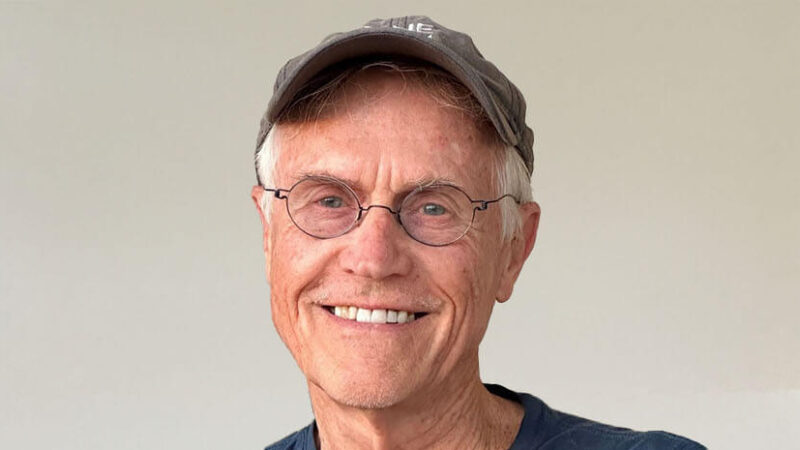
When you are confused, celebrate. In this moment, you’re free from having to know, liberated from the burden of expertise. There is no step from confusion to clarity; you clearly see confusion, and so clarity is already closer.
When you have doubts, celebrate. You have remained curious, and you haven’t settled for secondhand answers nor fixated on a conclusion. You’re free from certainty, the great weapon of the ego, undoubtedly.
When you feel fear, celebrate. You are moving into the unknown, leaving the known world, the dying world, the old world. Stepping into the new. Fear and excitement are so close here. The illusory armor of the separate self is breaking apart; life is flooding in. Fear is trying to protect you; bow to it.
When you feel anger, celebrate. Feel its ferocity, its power, the cry of a velociraptor. Life is surging through you, raw, unfiltered. You are on the verge of finding your song, fighting for a cause with passion, standing up for those without a voice, knowing what you deserve. Anger is related to courage, your willingness to move toward life and protect what you love, even in the face of danger.
When you get lost, celebrate. In every great journey, heroes lose their way sometimes, doubt their own power sometimes. Get lost, and find yourself. Find presence, the breath, the beating of the heart. Take the giant step of not knowing which step to take; a perfect step. Trust the doubting, too. And your path will find you, moment by moment. Your true path cannot be lost, ever.
When you feel sorrow, celebrate. You are not numb. You have not closed your heart to the unwanted. You are wide open to life, sensitive. This old, familiar friend has come to you for help. She is not a mistake. She only wants to warm herself by the fire of your presence, be given a space at the table, next to joy.
When you feel that you cannot celebrate life, celebrate. You are honest, you tell the truth of the moment, your eyes are open.
Looking for more great reads?

Excerpted from The Way of Rest by Jeff Foster

Jeff Foster shares his own awakened experience a way out of seeking fulfillment in the future and into the miracle of “all this, here and now.” He studied astrophysics at Cambridge University. Jeff’s books include The Way of Rest and The Deepest Acceptance. For more, visit lifewithoutacentre.com.






 Jeff Foster
Jeff Foster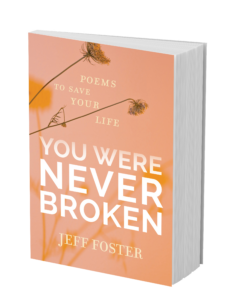

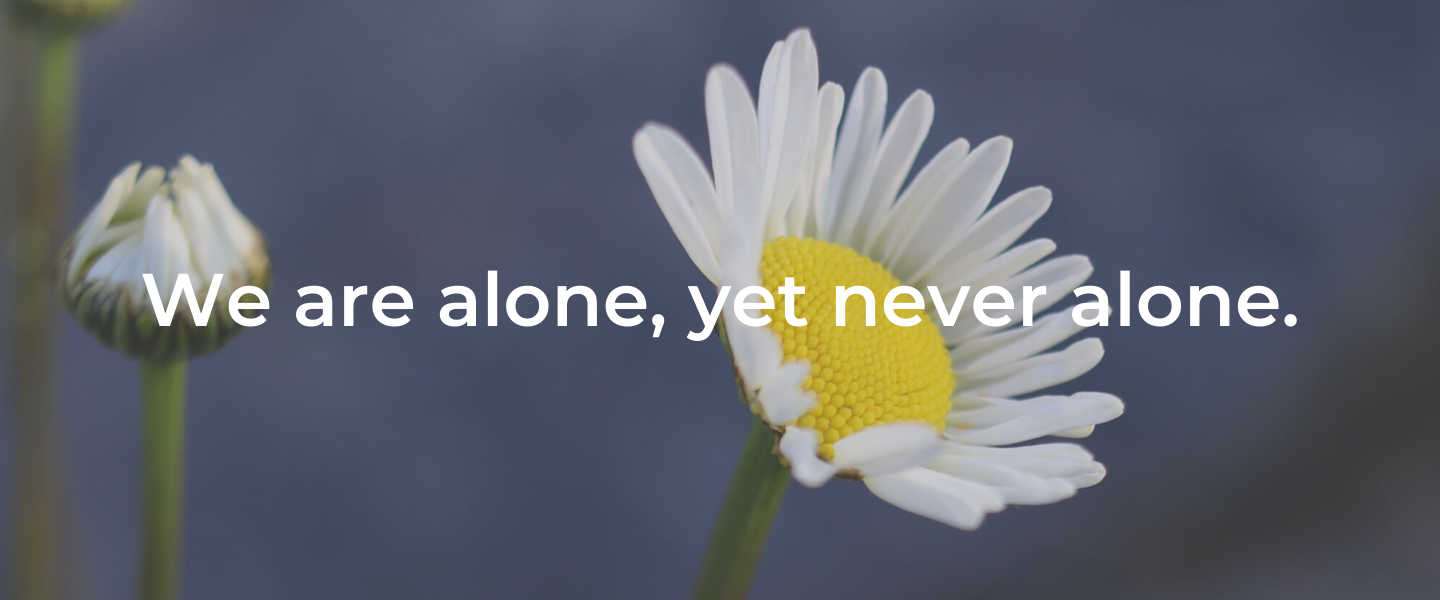
 Jeff Foster
Jeff Foster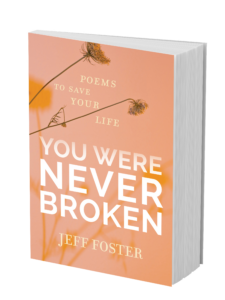
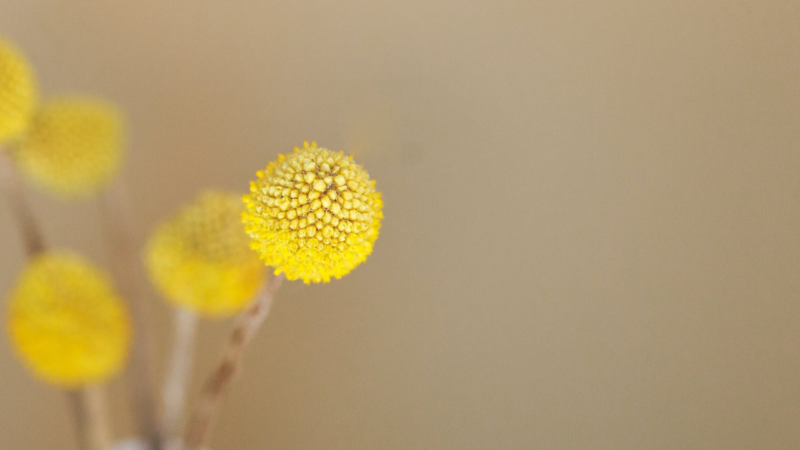



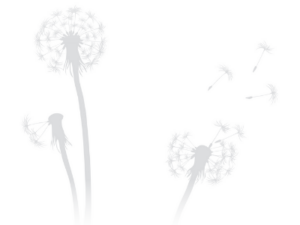
 Jeff Foster
Jeff Foster

